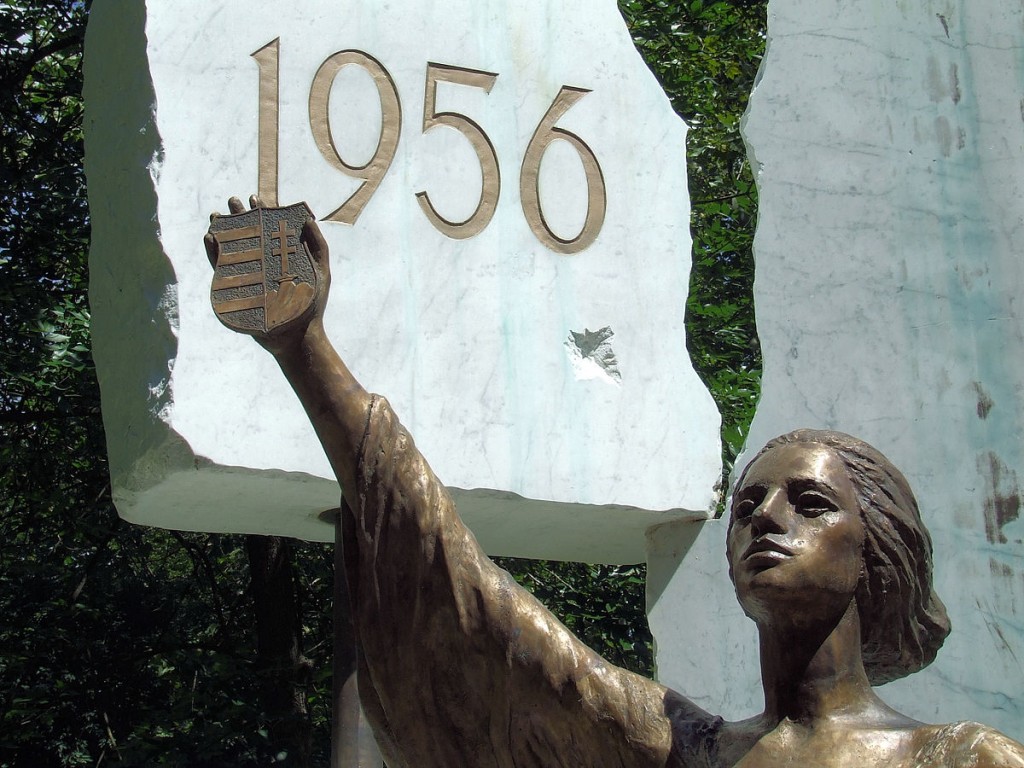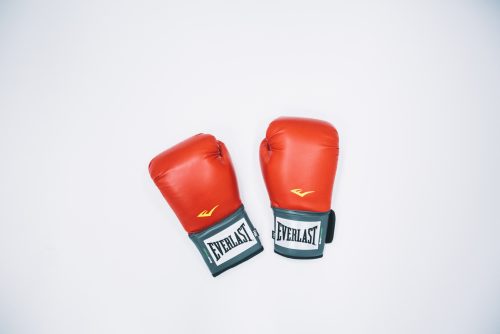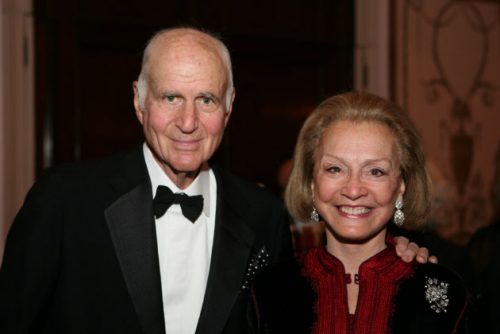There is a sense among many that Christmas should be a time for reflection, quiet joy, and a return to your roots; people are encouraged to spend time away from the city, to transcend the stresses of normal life, and always to draw closer to family.
There is a sense among many that Christmas should be a time for reflection, quiet joy, and a return to your roots; people are encouraged to spend time away from the city, to transcend the stresses of normal life, and always to draw closer to family. Such idyllic scenes provide all the emotional succor of a Currier & Ives picture, but fail to capture the full breadth of this season’s meaning.
Consider the example of 1956. In late October of that year, Hungary, which had been languishing under the heavy hand of Soviet domination since the end of the Second World War, threw off the chains of communism in the first successful revolution from behind the Iron Curtain. After a short burst of fighting in the streets of Budapest, Hungarian freedom fighters had pushed Soviet troops out of the capitol city and were beginning to set up a new reform government. It was a heady time of optimism and hope for the proud and independent Magyar people.
Simultaneously, the 1956 Olympic Games were gearing up in Melbourne, Australia. Over 3,000 athletes from seventy-two nations gathered for the first Games to be held in the Southern Hemisphere; Hungary sent its best athletes, hoping to add to its long tradition of water polo and fencing excellence (the small country had taken the gold in these sports for decades). Given the events of the October Revolution, the athletes had every reason to believe they would be back home for Christmas sporting shiny gold medals and enjoying their newfound freedom. But by the time the athletes had taken up residence in the Olympic Village in Australia, Moscow had decided to crush the fledgling revolution, rolling Red Army tanks through Budapest and taking back control of the government. Thousands were killed.
The Hungarian Olympic athletes, who had left buoyed by revolutionary optimism, were now thrown into disarray. News reports were sketchy, and the athletes spent most of November uncertain whether or not their friends and family were alive or dead. Tensions boiled over, as in the iconic “Blood in the Water” water-polo match between Hungary and the U.S.S.R. Melbourne crawled with Soviet agents, and some athletes were disappearing. Russian ships sat ominously in the city’s harbor.
The chances of making it home in time for Christmas were dwindling.
It was at this point that American publishing magnate Henry Luce approved of a daring plan to get the Hungarian athletes out of the country and into the U.S.A. For Luce and Time, Inc. vice president C. D. Jackson, committed Cold Warriors both, the plan served distinct propaganda purposes. But for the athletes now weighing their futures it represented a radical choice: flee to the security of America and make new lives as refugees or return home to a life of strife and slavery alongside family and countrymen. Some went home, while some got on the plane headed for America; for those who defected, the next few weeks were a whirlwind of press tours, exhibition matches, and cross-country travel. “The deluge of new impressions,” said one of the athletes, “didn’t leave much room for sentimentality.”
So it was without sentimentality, separated from their families, and unsure if they would ever return to their beloved homeland that these young men spent their first Christmas in America. On one hand this situation was of course a tragedy, but on the other hand it perfectly embodied the chastened and humble hope of the Christmas promise. After all, our joy at this time of year is the joy of new beginnings, of hope that defies complacency. We are told to hail the arrival of a king born in a barn to a peasant girl and destined to die; we are told, in other words, that everything we thought we knew about power, glory, and victory was wrong. We are told to cast off, start a new life, and expel the lies in our lives. The Hungarian athletes who took a chance fifty-eight years ago were living up to that charge.
Their spirit of bold hope, of faith in the face of hardship, is vital to any thriving civil society. It lends coherence to our conception of opportunity and challenges us to keep the good always firmly in mind. Indeed, many of these athletes went on to become successful executives and entrepreneurs in their adopted homeland, as do countless immigrants and refugees from repressive communist regimes (including the five still in power today). Importantly, this spirit is a dynamic one—one that requires change, revolution, and resolution.
So this Christmas let us not seek refuge in the kitsch sentimentality of painted landscapes but in the fearful newness of creation.






